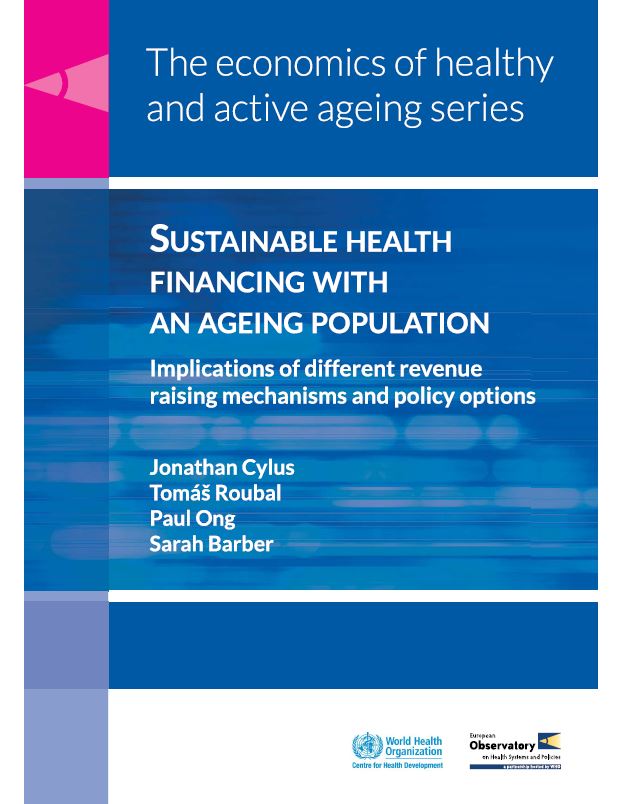New studies highlight the impact of population ageing on revenues and expenditures for health

WKC and the European Observatory on Health Systems and Policies have completed two new studies to better understand how ageing impacts public revenues and expenditures for health. The research was launched on the sidelines of the G20 Health Ministers’ Summit in Okayama, Japan.
One study examined how countries generate public revenues, since public funding is central to accelerating universal health coverage (UHC). The research found that countries such as Japan with older populations that rely heavily on social contributions (including payroll taxes) to generate revenues face sustainability challenges as more people retire, and such social contributions linked to the labor market decline over time.
Simulations that examined increasing the number of contributors, contribution rate, and diversification of funding found that these options did not fully compensate for the reduction in revenues from social contributions in countries that already have large older populations.
On the other hand, countries with younger populations such as Indonesia have an increased ability to generate revenues from all sources (including income taxes, taxes on goods and services and property taxes), which grow over time as the population ages. This potential gain depends on the efficiency of a country’s tax collection and enforcement mechanisms.
A further study tested the assumption that population ageing will result in unconstrained growth in health spending. Using population projections for the EU, Japan, and Indonesia, the research found that population ageing contributes only modestly to growth of publicly funded healthcare. The researchers applied hypothetical scenarios to explore growth in health expenditures if older people were costlier to care for - for instance, if they used more healthcare, a higher intensity of healthcare, the prices of health care greatly increased, or the benefits expanded considerably.
The study found that population ageing resulted in higher public expenditure growth, but that the increase was moderate and manageable. This implies that population ageing is not, and will not become, the major driver of growth in healthcare spending. Major drivers of growth in health spending are linked to policy choices - including for example, service delivery models, prices of care and new technology.
In conclusion, the studies found that for countries with younger populations, population ageing will positively affect the ability to generate public revenues, and the challenge is to formalize tax collection mechanisms. Countries with larger older populations can partially offset the declines in labor-related contributions through increases in the number of contributors and the contribution rate.
The researchers stress the importance of delinking entitlements to healthcare from the payment of contributions, since relying on social contributions and payroll taxes to finance healthcare is unsustainable as populations age. This is in line with the principles of Universal Health Coverage.
Download the the full reports at https://extranet.who.int/kobe_centre/en/project-details/Sustainable_financing

